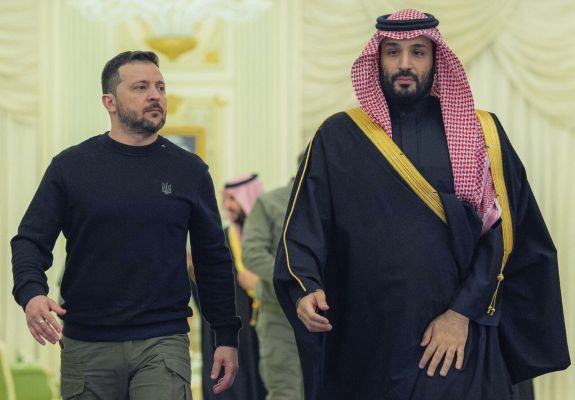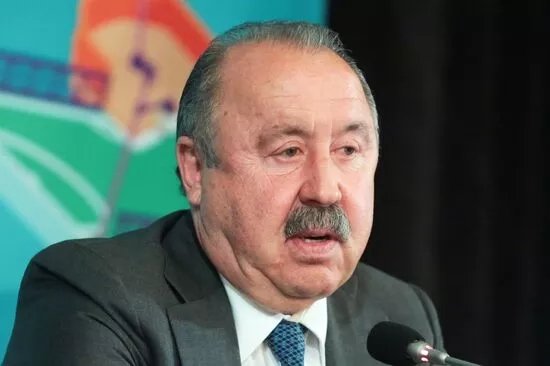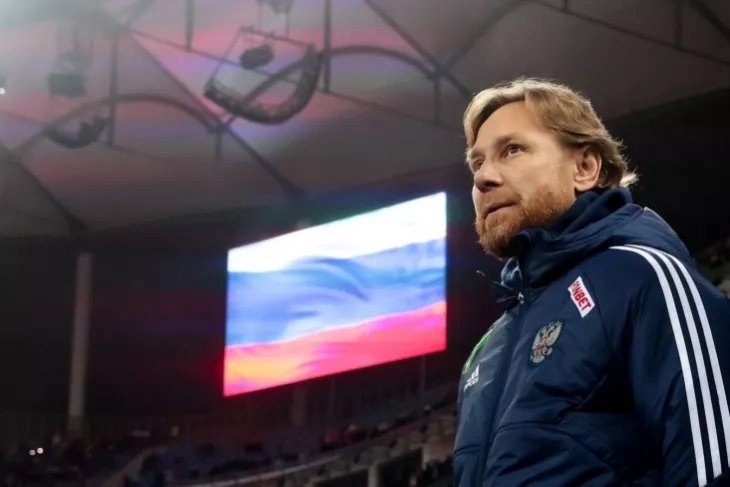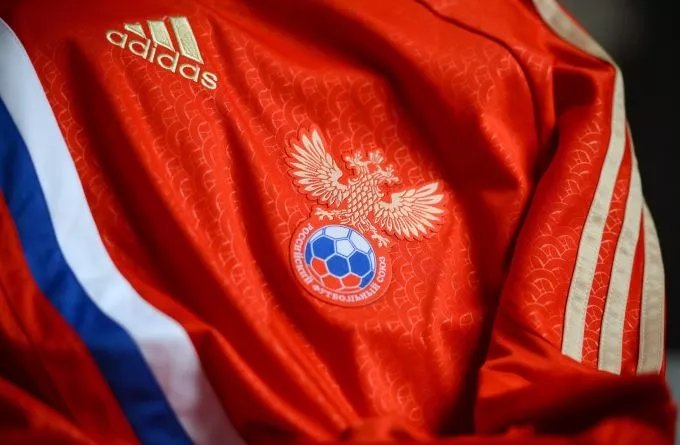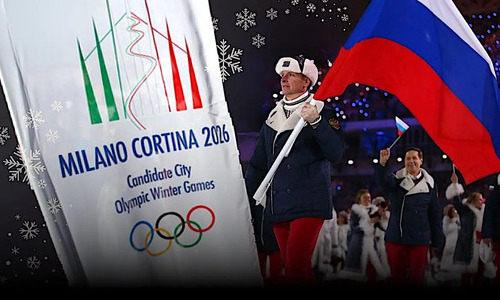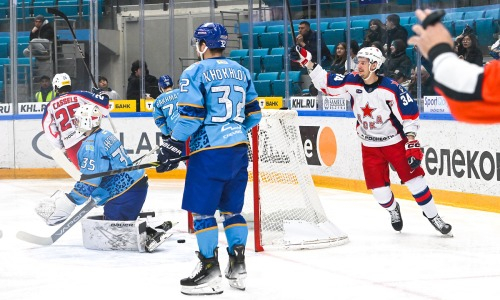Saudi Arabia has threatened to sell European debt obligations if the G7 decides to withdraw frozen Russian assets. This is reported by Bloomberg.
The Ministry of Finance of Saudi Arabia conveyed to some colleagues from the G7 its disagreement with the idea of the West to confiscate frozen assets of the Russian Federation in favor of Ukraine, and one of the sources called the message a veiled threat. Saudi Arabia specifically mentioned debt obligations issued by the French Treasury, two sources said, the agency said.
In May and June, the G7 considered various options for using the frozen funds of the Russian Central Bank, as a result, the “seven” agreed to withdraw the profits received, and not to touch the assets themselves, despite the fact that the United States and The UK insisted that the allies consider bolder options, including direct confiscation, Bloomberg reports. A number of eurozone countries were against this idea, fearing that it could undermine the currency. The sentiments of these countries were apparently influenced by the position of Saudi Arabia, the sources said.
“There have been no such threats. Our relations with the G7 and other countries are based on mutual respect, and we continue to discuss all issues that contribute to global growth and enhance the sustainability of the international financial system,” the Saudi Finance Ministry said in a statement.
It is not in the style of the government to make such threats, but it may have outlined to the G7 members the possible consequences of any withdrawals, a Saudi official commented on the situation. Saudi Arabia’s position changed after the G7 countries came up with a proposal that did not require the expropriation of assets, one of the sources assures.
The kingdom’s holdings of euro and French bonds may amount to tens of billions of euros, but are probably not large enough to be of great importance in the event of a sale. European officials remain concerned that other countries could follow the example of Saudi Arabia, the agency emphasizes.
It is unclear whether Saudi Arabia acted out of self-interest, fearing that the confiscation of Russian assets would set a precedent that could be used against other countries in the future, or in solidarity with Russia, the sources said. But, whatever the motives, this move by Saudi Arabia highlights its growing influence on the world stage and the difficulties of the G7 in obtaining support for Ukraine from the countries of the Global South, the article says.
At the June summit in Italy, after months of discussions, the G7 leaders agreed to provide Ukraine with about $50 billion in new aid. Seven member countries The EU and the European Union have agreed to issue loans, which will be repaid at the expense of profits received from blocked Russian funds in the amount of about 260 billion euros. The funds are expected to generate between 3 billion and 5 billion euros per year.

